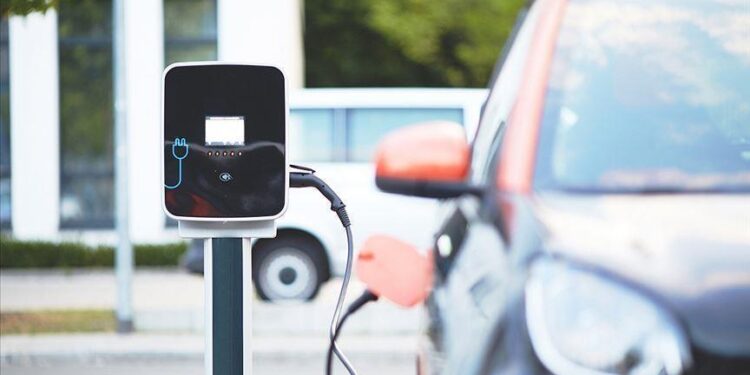LONDON
Electric cars in Britain are proving to be just as durable as their petrol and diesel counterparts, according to a groundbreaking new study published in Nature Energy on Friday.
The research, based on data from 300 million MOT tests, found that electric vehicles (EVs) have an average lifespan of 18.4 years, compared with 18.7 years for petrol cars and 16.8 years for diesel vehicles.
The study was conducted by an international team of researchers from the University of Birmingham, the London School of Economics, the University of California San Diego, and the University of Bern in Switzerland.
Their analysis suggests that the reliability of EVs has improved significantly, with battery technology advancing at a rapid pace.
For years, automotive engineers have speculated that EVs could outlast internal combustion engine (ICE) vehicles due to their simpler mechanical design.
Unlike petrol and diesel cars, which rely on complex internal combustion engines with many moving parts, electric cars have fewer components prone to wear and tear.
However, due to the relatively recent introduction of mass-market EVs, real-world data on their longevity has been scarce—until now.
The study found that Tesla models had the longest lifespan among all battery-powered cars, reinforcing the company’s reputation for advanced battery durability.
Additionally, the data revealed that all new vehicles—whether electric, petrol, or diesel—have been increasing in reliability over the years as technology improves.
However, the most significant advancements have been seen in electric cars. Researchers attribute this to the rapid evolution of EV battery technology, while petrol and diesel vehicle technology has largely reached a plateau after decades of refinement.
Another key finding from the study is that EVs tend to be driven more intensively than petrol cars, with an average lifetime mileage of 124,000 miles.
While this is higher than petrol cars, it still falls short of diesel vehicles, which are typically used for long-distance travel due to their fuel efficiency.
The findings come as electric vehicle sales in the UK continue to rise ahead of the government’s planned ban on new petrol and diesel car sales in 2035.






